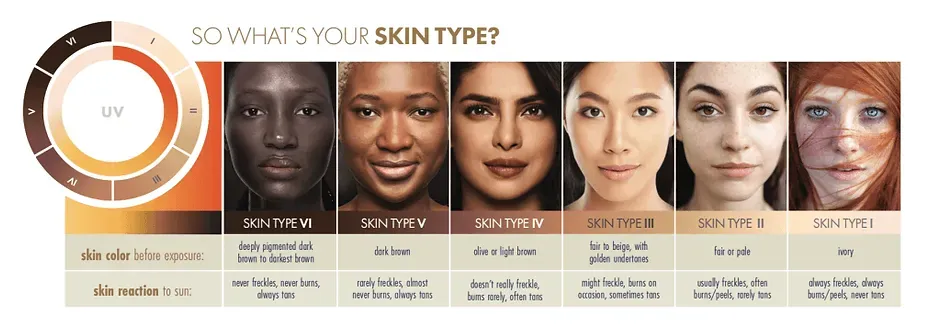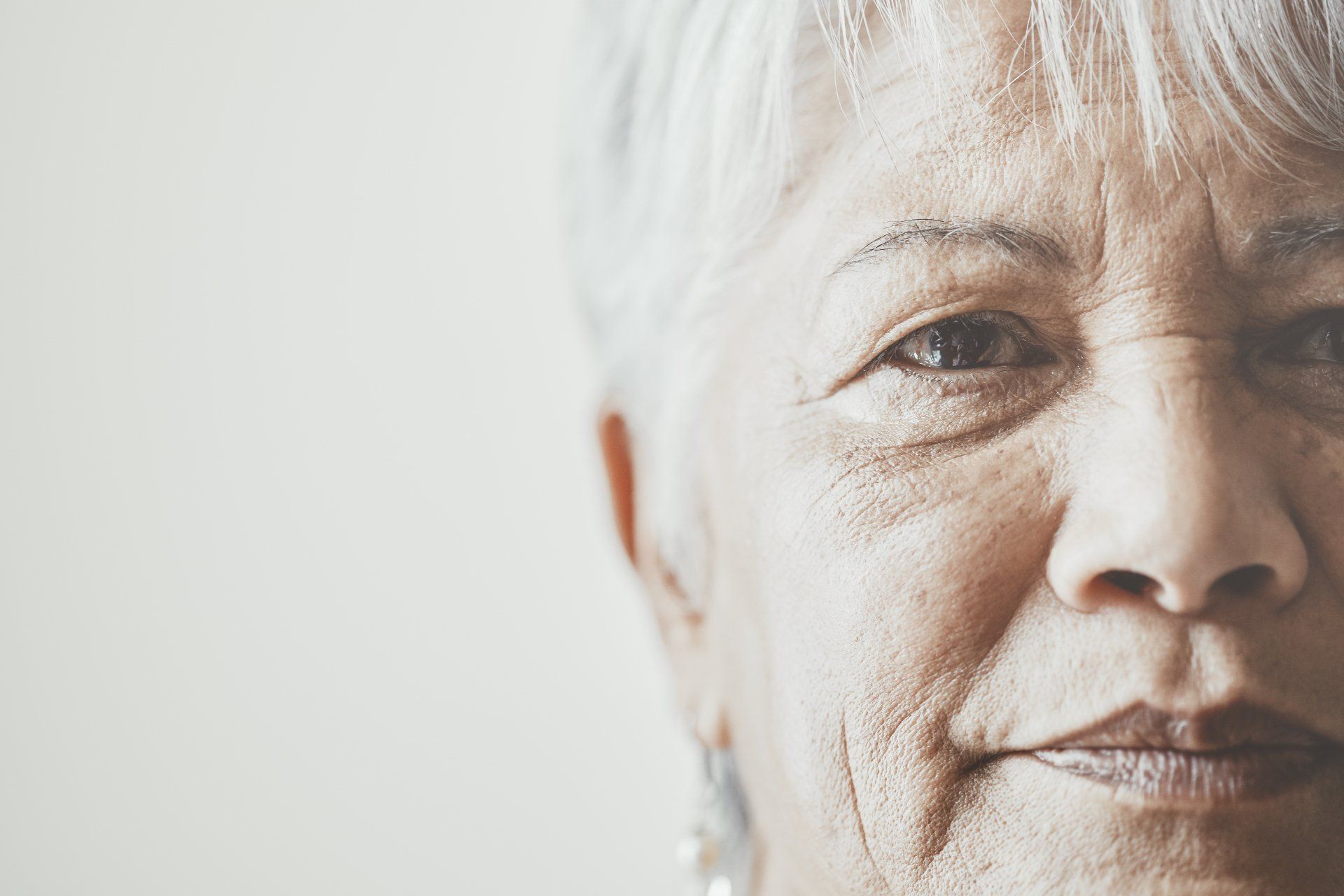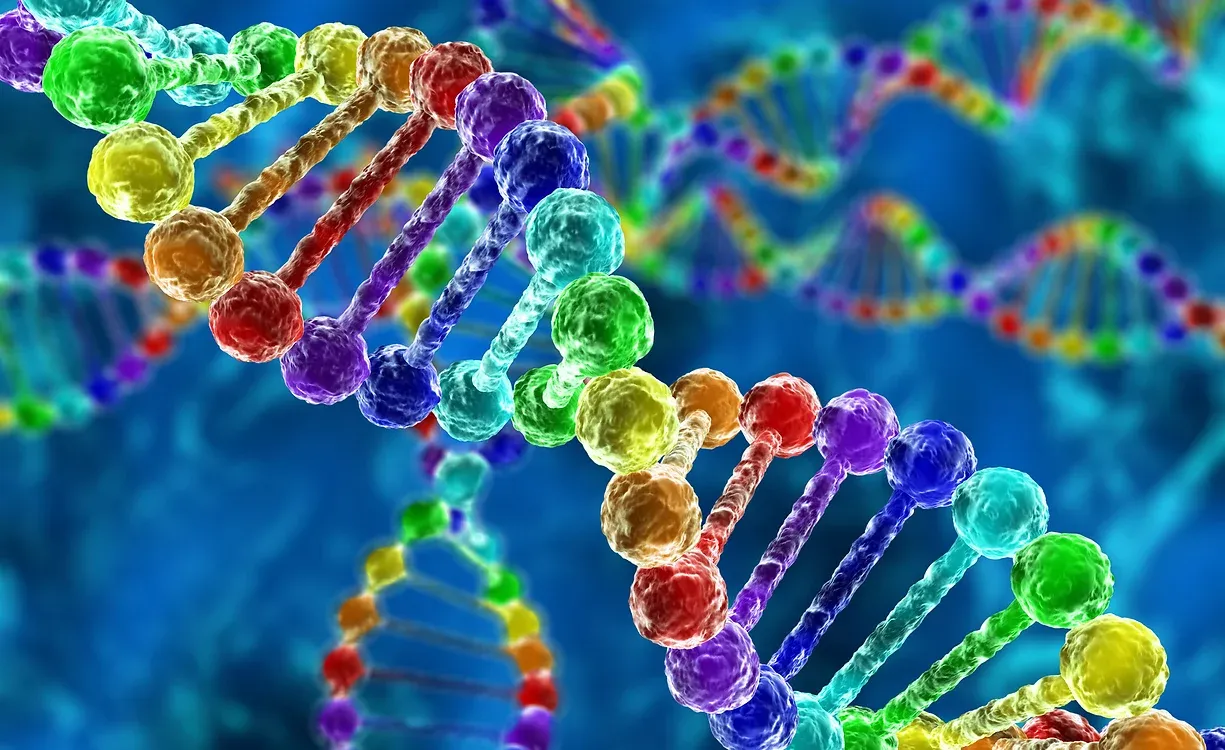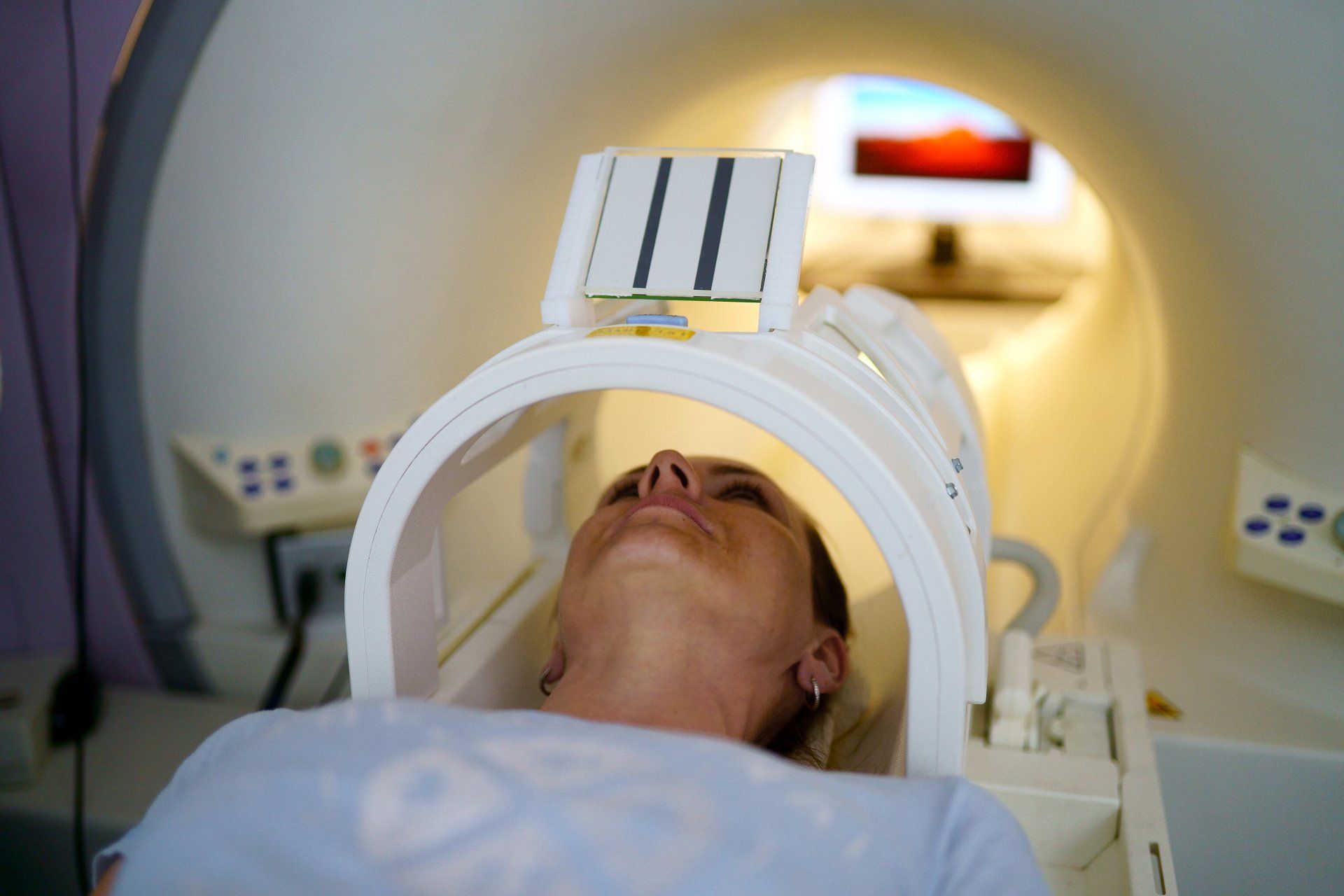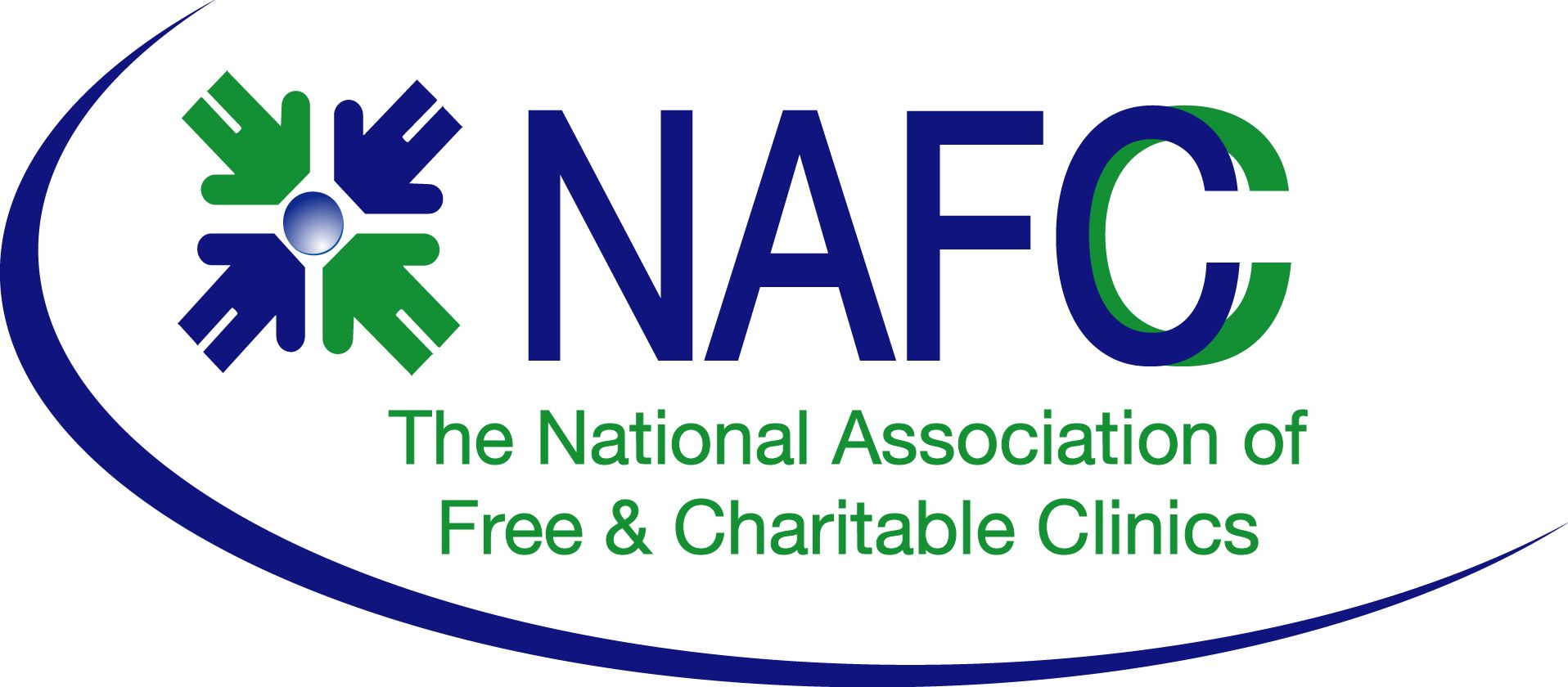Risk Factors for Skin Cancer
Not only does UV radiation from the sun cause premature aging and skin cancer, it can also reach you even when you are attempting to avoid it! UV radiation can penetrate clouds and glass, and bounce off of snow, water, and sand. Additionally, sun damage accumulates over the years from prolonged exposure to harmful UV and other activities such as walking the dog, driving, going from your car to the store or other buildings, and checking the mail. factors, does not mean that you will definitely get cancer. Many people with risk factors for skin cancer will never acquire the disease. In contrast, some individuals that do develop skin cancer may have few or no known risk factors.
Nevertheless, it is important to know about the risk factors for skin cancer because there are easy steps you can take that could lower your risk of getting it.
Your skin type is a major factor in your risk for developing all forms of skin cancer. Despite the fact that people with lighter skin tones are at higher risk, exposure to harmful UV radiation can increase your skin cancer risk even if you have a darker complexion and don’t burn.
There are 6 skin types. Individuals with types 1 and 2 experience the highest risk of developing skin cancer, while types 5 and 6 experience the lowest risk. This is due to the fact that those with melanin-rich skin (types 4-6) have more natural protection from the sun. Although more melanin means additional protection, people with darker skin tones can still get skin cancer. Regardless of skin type, everyone should practice sun safety daily and visit their dermatologist for a skin check at least once a year.
Harmful UV radiation from the sun and artificial sources can cause serious, lasting damage to your skin, no matter your skin type. Did you know that music legend Bob Marley died of melanoma that formed on his big toe? Skin Cancer doesn’t discriminate so we all need to do our best to protect ourselves every day from harmful UV.
Understanding your skin type is very important when it comes to protecting against skin cancer, but it is not the only risk factor you have to worry about. Let’s dig into some of the other risk factors for skin cancer.
Other Risk Factors for Skin Cancer
Regardless of whether you have any of theses risk factors, reducing your exposure to harmful UV radiation can help keep your skin healthy and lower your chances of getting skin cancer in the future. To learn about ways to protect yourself from harmful UV.

